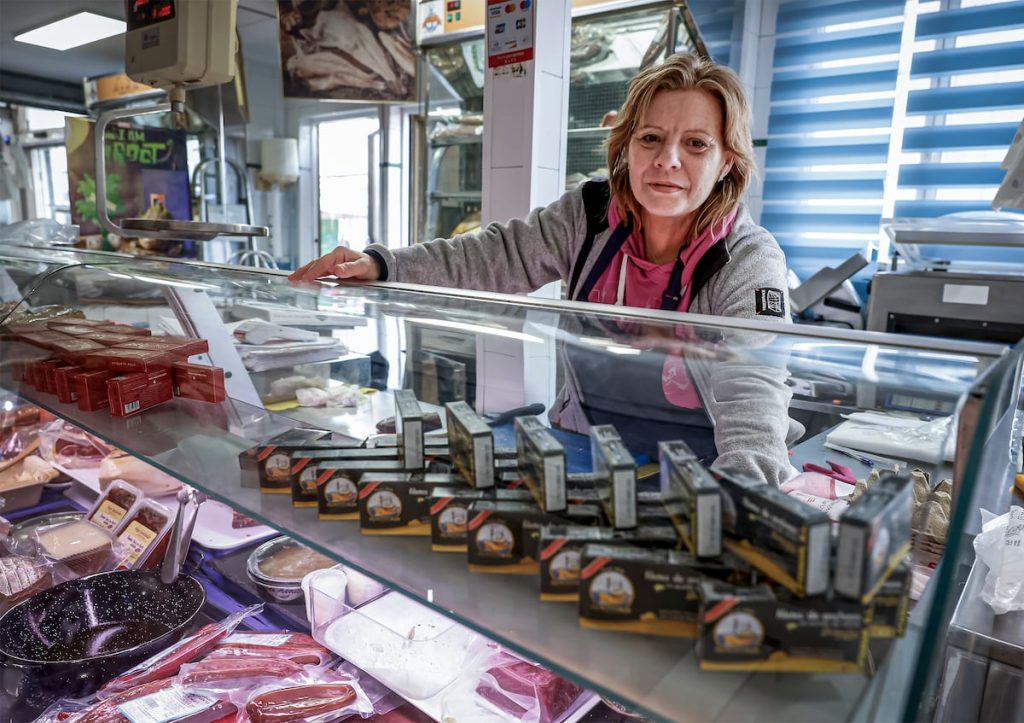Slowly, the shops in Paiporta are reopening, those that were not completely damaged, like the ruined tobacconist. Sadly, the families in Catarroja are settling in the basements of their homes, barely dry since the great flood on October 29th. Two months after the biblical dana, the residents of L’Horta and La Ribera – the most devastated regions in Valencia – are still immersed in a collective depression that is palpable. What is magnificent is that the grief coexists with a growing commitment to normality and recovery. This is fueled by a double and infallible mechanism: entrepreneurial rebellion and unconditional solidarity.
In response to the catastrophe, young volunteers, firefighters, and soldiers, raised the spirits of the entire Valencian society. Toni Zamorano recounts the devastation in villages and industrial estates without clear boundaries, most of them with their lower levels ransacked by water and mud. One notable building is the warehouse of Ikea, constructed on stilts and able to withstand the flood, serving as shelter for emergency military forces. Zamorano recounts his own experience of surviving the flood and immediately springing into action to provide assistance to those in need.
As Zamorano and his friend Alberto navigate through the industrial estates, surrounded by thousands of small and medium-sized industrial and commercial units, the devastation left by the flood is evident. Despite the ruins and the challenges faced by businesses, there is a sense of resilience and determination to rebuild and recover. The solidarity and support from the community, including renowned chef Ricard Camarena and a surge of young volunteers, have been instrumental in the ongoing relief efforts and recovery.
Julia, a seller of salted meats, embodies the story of Valencia’s resilience, transitioning from the struggle to survive the catastrophic hours of emergency to the reconstruction process. Her determination to reopen her business, despite the challenges she faced, reflects the spirit of entrepreneurship and community solidarity that has emerged in the aftermath of the disaster. The support from various sources, including financial aid from the government and assistance from fellow entrepreneurs, has been crucial in enabling Julia to rebuild and resume her business operations successfully.
The aftermath of the flood has brought to light the significant challenges faced by the affected industries and businesses in the region. The debate over the rebuilding process and the precautions to be taken to prevent future disasters looms large. There is a need for proactive measures such as infrastructure improvements, prudent construction practices, and disaster preparedness training to mitigate the risks of future calamities. The response of the Valencian government and the business community will be pivotal in determining the pace and success of the region’s recovery.
The Valencian business community, known for its advocacy for a better business environment and digital transformation initiatives, has shown remarkable resilience and unity in responding to the dana. Initiatives like mass solidarity dinners, strategic consultancy sessions, and the “Businesses for businesses” campaign have mobilized support for the affected businesses and industries. The collaboration between entrepreneurs and organizations like Caixa Popular highlights the solidarity and commitment to rebuilding a stronger and more resilient economy in Valencia. The tragedy has brought about a renewed sense of civic duty and social responsibility among the business community, who are working together to support each other and the wider community in the rebuilding process.


